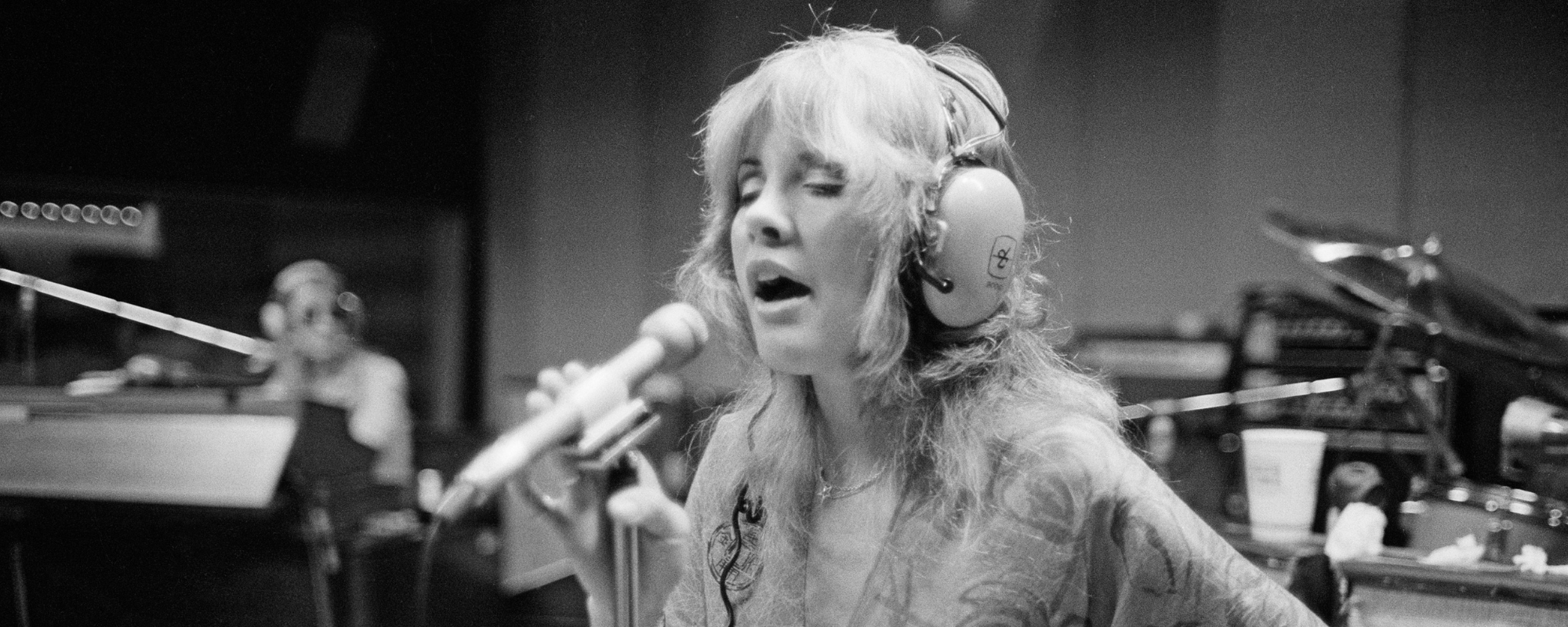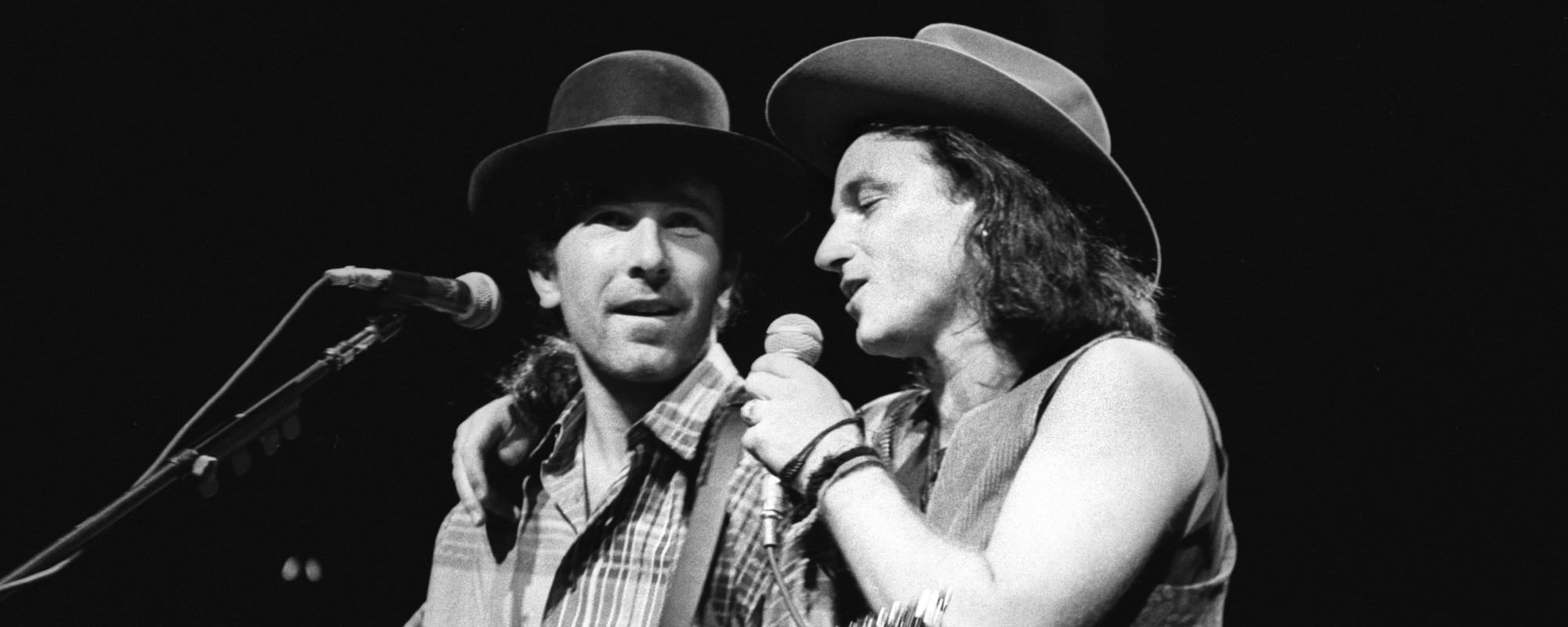Heartbreak is a universal experience. We experience it in different ways throughout our lives. Because of this, it has become a prevalent and robust talking point for artists of all mediums. There are countless songs about heartbreak out there, but only a few have risen above the rest to become cinematic shorthand for the emotion. Find three songs below that Hollywood can’t stop using to signal heartbreak.
Videos by American Songwriter
[RELATED: 4 Songs Hollywood Can’t Stop Using to Signal the 60s]
“Everybody Hurts” (R.E.M.)
R.E.M.’s “Everybody Hurts” has more or less become a punchline. When this song is used in a film, it’s typically a melodramatic needle drop, signaling a character’s heartbreak. It’s hard to take this song seriously, thanks to its many movie inclusions, but it was once an earnest message meant for teenagers who are experiencing their first disappointments.
“The reason the lyrics are so atypically straightforward is because it was aimed at teenagers,” Peter Buck once said. “I’ve never watched Buffy the Vampire Slayer, but the idea that high school is a portal to hell seems pretty realistic to me.”
“All By Myself” (Celine Dion)
No song sums up the isolating feeling of heartbreak better than Celine Dion‘s “All By Myself.” Because of this, it has become a familiar needle drop in film whenever a character finds themselves alone with a heart to mend. It may be a little cheesy, but it gets the job done—succinctly.
Though Dion has delivered unarguably the most famous version of this song, Eric Carmen was the original singer. He once spoke about how “being miserable” was a much more powerful source of inspiration than happiness. “There’s not nearly as much fuel in being happy as there is in being miserable,” Carmen once said. “Being miserable is a great catalyst for songwriting, for me anyway.”
Many other artists (songwriters and filmmakers alike) feel the same as Carmen, which is why “All By Myself” is such a pervasive needle drop.
“The Sound of Silence” (Simon & Garfunkel)
Simon & Garfunkel’s “The Sound of Silence” is an instant downer. If you want to set a depressing mood in your film, this is a sure-fire pick. Many filmmakers have capitalized on this song’s inherent somber tone.
Though this song has endless applications, Paul Simon’s original intent for this song was for it to sum up “youthful alienation.”
“Really the key to ‘The Sound of Silence’ is the simplicity of the melody and the words, which are youthful alienation,” Simon once said. “It wasn’t something that I was experiencing at some deep, profound level – nobody’s listening to me, nobody’s listening to anyone – it was a post-adolescent angst.”
(Photo by David Redfern/Redferns)












Leave a Reply
Only members can comment. Become a member. Already a member? Log in.